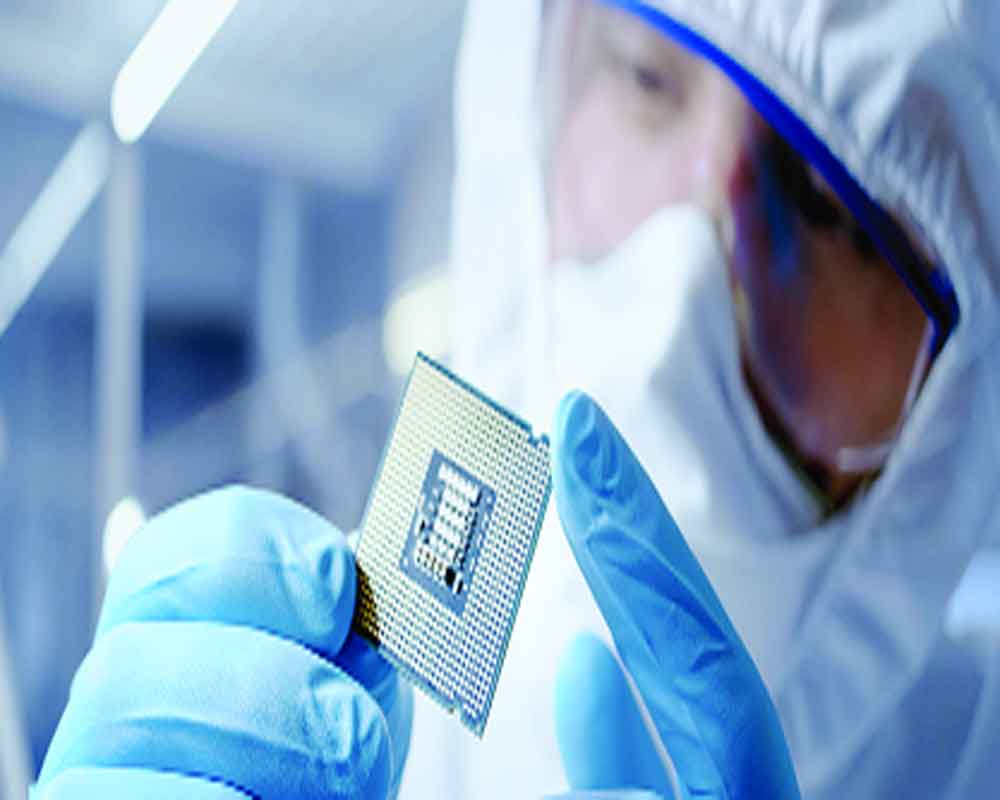Nanotechnology is poised to grow rapidly in the next couple of years. Dr Sneh Saurabh tells you how students can make it a lucrative option
Nanotechnology is emerging as one of the hottest career option available to Indian engineering graduates. From medicine to aerospace and from engineering to many industrial and technological areas, Nanotechnology would be the ideal platform to address all issues. Though at a nascent stage in India it is poised to grow at a rapid rate in the years to come looking at the technological developments taking place all around.
India launched an initiative in 2008 to accelerate R&D in nanoelectronics at Indian Institute of Science, Bangalore (IISc) and Indian Institute of Technology, Bombay (IITB). The need is to have more students coming with the specialisation in nanoelectronics, and there are huge opportunities in the sector. Opportunities lie with the blue-chip firms where constant R&D is performed that allows hands-on experience to the engineers who want to excel in this field.
Eligibility
To become a nanotechnology specialist one must have done a post graduate qualification in the subject. MTech and MSc degrees are offered by institutes and universities in India that require a degree in Physics, Chemistry or in Biotechnology.
Scope & prospects
A nanotechnologist can get a job in fields such as medicine, bio-technology, food and beverage, environment industry, forensic science, genetics, teaching, space research and many others.
The future
For more than 50 years, miniaturisation of transistors, which are the building block of all electronic chips, has been driving the semiconductor industry. This miniaturisation has been following a trend of doubling of the transistor density in a chip every two years and is popularly known as Moore’s law. In general, reducing transistor sizes facilitates realising electronic products with a higher speed and lower power consumption at lower cost.
A sustained technological innovation and economic pulls from varied applications have allowed unabated Moore’s law driven growth of the semiconductor industry.
Over the years, the sizes of the transistors have reduced from more than a micrometer in 1980s to less than ten nanometer in the current bleeding-edge technologies. With the transistors going into nanoscale dimensions, there are several technological challenges. Moreover, we have now entered into a new era of computing.
The applications such as artificial intelligence, autonomous systems, big data, Internet of Things, 5G and others have taken the center stage of computing. These applications consume and generate tremendous amount of data and demand unprecedented high computational power. It is now evident that the state-of-the-art transistors, even when scaled down to very small dimensions, cannot fulfil the requirements of the new era computing. The demand for energy-efficient computation from the newer applications has made the research on nanoelectronic devices necessary.
The research on nanoelectronics is being undertaken on several fronts. Lower dimension materials such as nanowires are being explored. In addition to researching new materials for transistor applications, there is a rapid advancement in exploratory nanoelectronic devices with new operating principles. Among these exploratory devices, tunnel transistors look to be the most promising in replacing the state-of-the-art transistors. Another trend that is driven by the energy-efficient data-intensive applications is to move away from high-precision computing to novel computing paradigms such as probabilistic computing, quantum computing, approximate computing and bio-inspired computing. These computing systems show unique characteristics that even the current bleeding-edge transistors cannot deliver. However, these new computing paradigms require innovation at both the system level and at the device level, which the research programmes in nano is expected to deliver.
Thus, with the advent of new era of computing, we have entered into a new phase of research and innovation. Though the applications such as artificial intelligence, big data and internet of things, and their impact on our daily life is becoming evident, there are several technologies which need to be developed to fully empower these applications. Among them, nanoelectronics are one of the most critical enablers. In the times to come, the research on nanoelectronics will become crucial, as the easy returns obtained from Moore’s law driven miniaturisation will soon perish.
The writer is Assistant Professor, Indraprastha Institute of Information Technology, Delhi


























